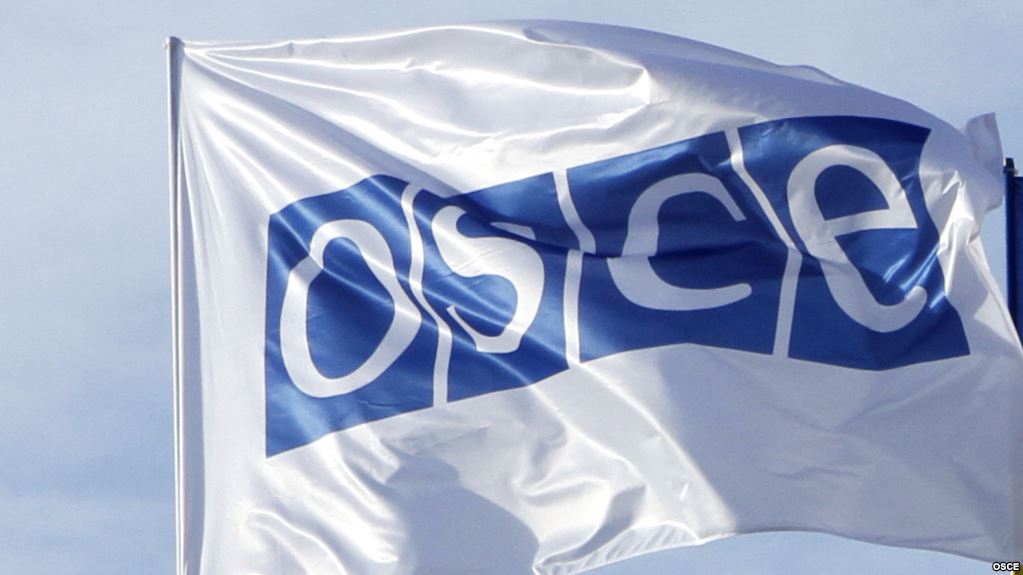The OSCE Representative on Freedom of the Media, Harlem Desir, on April 17 called on the authorities in Uzbekistan to end the blocking of media outlets, in order to ensure that important news and current affairs resources be made accessible to the public, according to the OSCE website.
“I have written to the authorities asking them to set forth a series of reforms to ensure unhindered access to online media in the country,” Desir said. “I would like to reiterate to the state authorities that any blocking measures can only be justified in accordance with international standards, used only in exceptional cases, and be strictly proportionate to the legitimate aim pursued.”
According to reports, editors and journalists encountered problems accessing news media, such as Fergana Agency, Ozodlik (the Uzbek service of the RFE/RL), Eurasianet.org, AsiaTerra, and Uzmetronom are among others.
These concerns reportedly resurfaced following the adoption, by the Cabinet of Ministers in 2018, of a decree authorizing the blocking of news media that “promote extremist, propaganda or hateful content online.” However, neither a list of the banned resources, nor the exact criteria which led to the blocking of said news media have been made publicly available.
“I call on authorities to restore access to the blocked websites and reform the laws and regulations affecting access to information and freedom of expression in the country,” said the Representative. “Participating States must ensure that their laws, policies and practices, pertaining to media freedom, are fully in compliance with their international obligations and commitments.”
The OSCE Representative on Freedom of the Media observes media developments in all 57 OSCE participating States. He provides early warning on violations of freedom of expression and media freedom and promotes full compliance with OSCE media freedom commitments.




